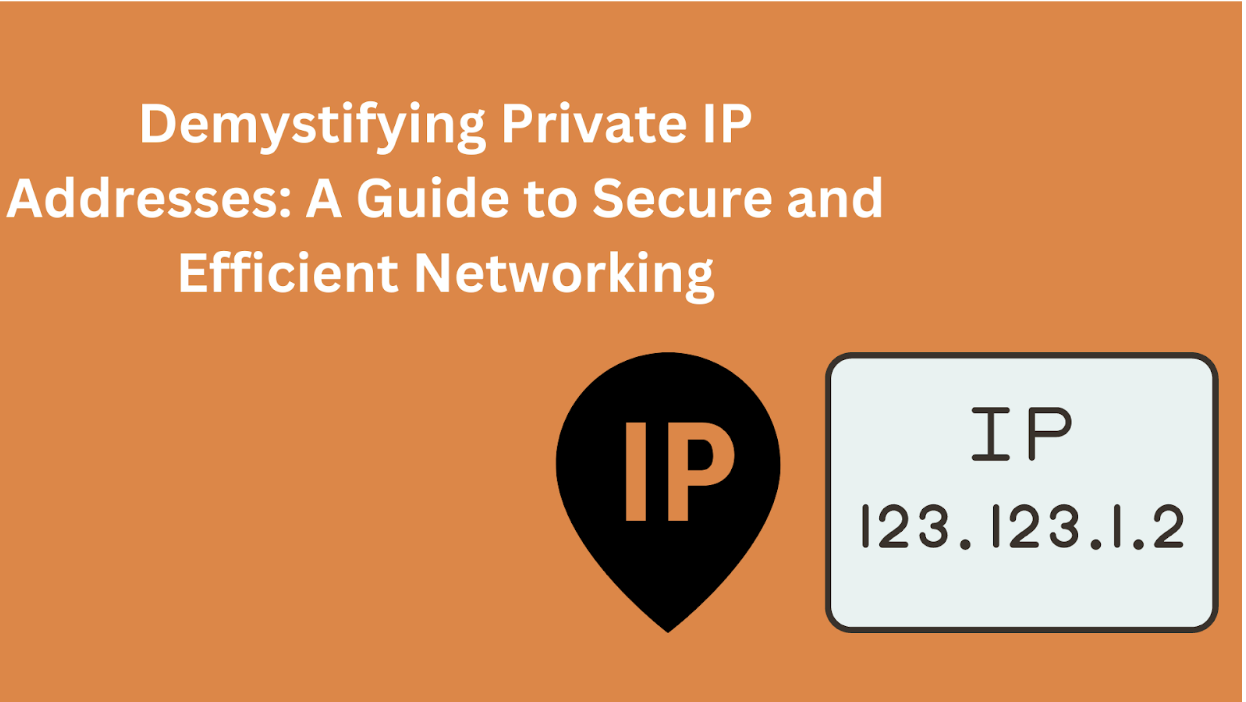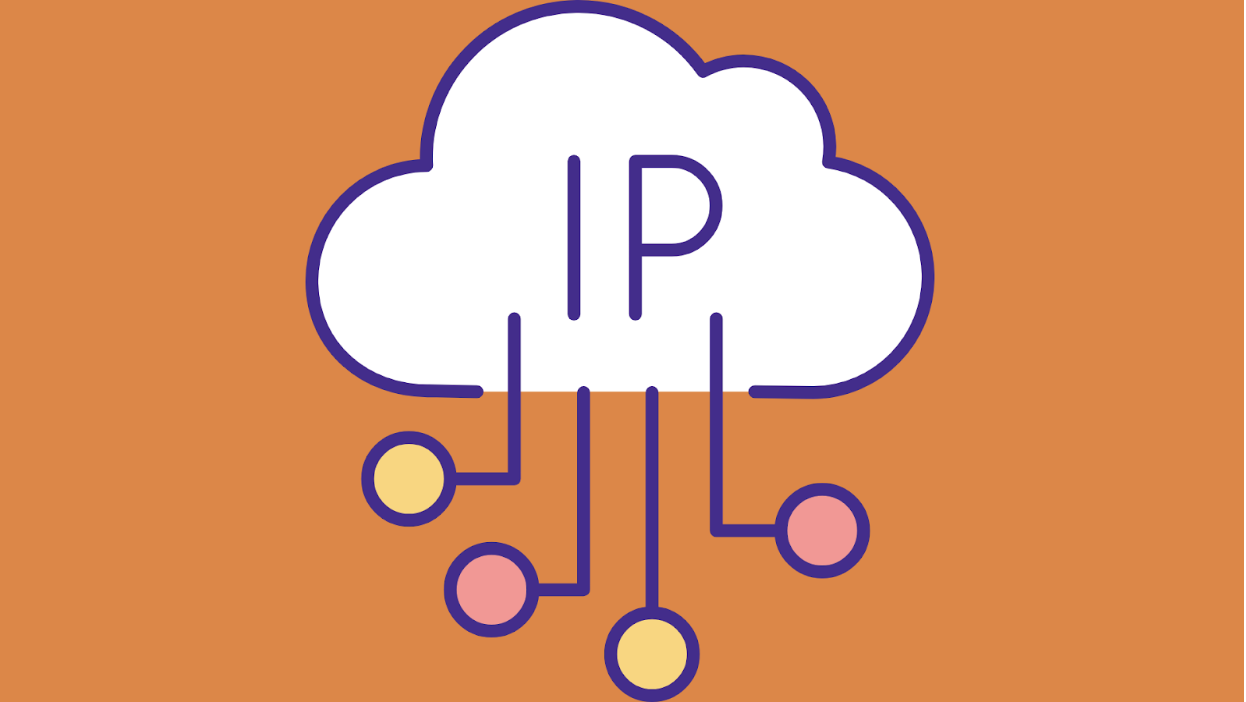Private IP addresses are an integral part of modern networking, enabling devices to communicate within a local network while shielding them from direct exposure to the Internet. In this blog post, we’ll explore private IP addresses, why they’re important, and how they differ from public IP addresses. We’ll also delve into some common FAQs to help you better understand this crucial networking aspect.

In computer networking, an IP address is a numerical label assigned to each device connected to a network that uses the Internet Protocol for communication.
Private IP addresses are a subset of IP addresses reserved for use within a private network.
They are not routable on the public internet, which means that devices with private IP addresses cannot communicate directly with devices outside the local network.
Private IP addresses play a crucial role in ensuring the security and efficiency of local networks. Organizations can create private networks isolated from the public internet by using private IP addresses. This provides a layer of security by shielding internal network devices from direct exposure to external threats.
Additionally, private IP addresses help conserve public IP address space. Since private IP addresses are not routable on the internet, organizations can use them freely within their local networks without needing unique public IP addresses for each device.
Private IP addresses are defined in several ranges specified by the Internet Assigned Numbers Authority (IANA). The most commonly used private address ranges are:
Private IP addresses are not routable on the public internet. They can only be used for communication within a local network or through network address translation (NAT) when accessing the internet.
Network Address Translation (NAT) is a technique used to map multiple private IP addresses to a single public IP address. NAT allows devices on a private network to access the internet using a single public IP address, conserving public IP address space.

Public IP addresses, in contrast to private IP addresses, are routable on the public internet. They are unique and globally identifiable, allowing devices on the internet to communicate with each other directly. Public IP addresses are assigned by Internet Service Providers (ISPs) or network administrators.
Private IP addresses are a fundamental building block of modern networking, providing security and efficiency benefits for local networks. Understanding the basics of private IP addresses is essential for anyone involved in network administration or cybersecurity. If you have any more questions about private IP addresses, please ask in the comments below!
No, devices with private IP addresses cannot be accessed directly from the Internet. To access a device with a private IP address from the Internet, you would need to establish a connection using a technique such as port forwarding or VPN.
Since private IP addresses are not globally unique, two devices on different private networks can have the same IP address. However, network administrators typically assign unique private IP addresses within their networks to avoid conflicts.
Yes, you can change a device’s private IP address by reconfiguring its network settings. This is commonly done through the device’s network settings or a DHCP server to assign a new IP address.
Private IP addresses provide security by isolating devices within a local network from direct exposure to the internet. However, additional security measures, such as firewalls and intrusion detection systems, are still recommended to protect against internal and external threats.